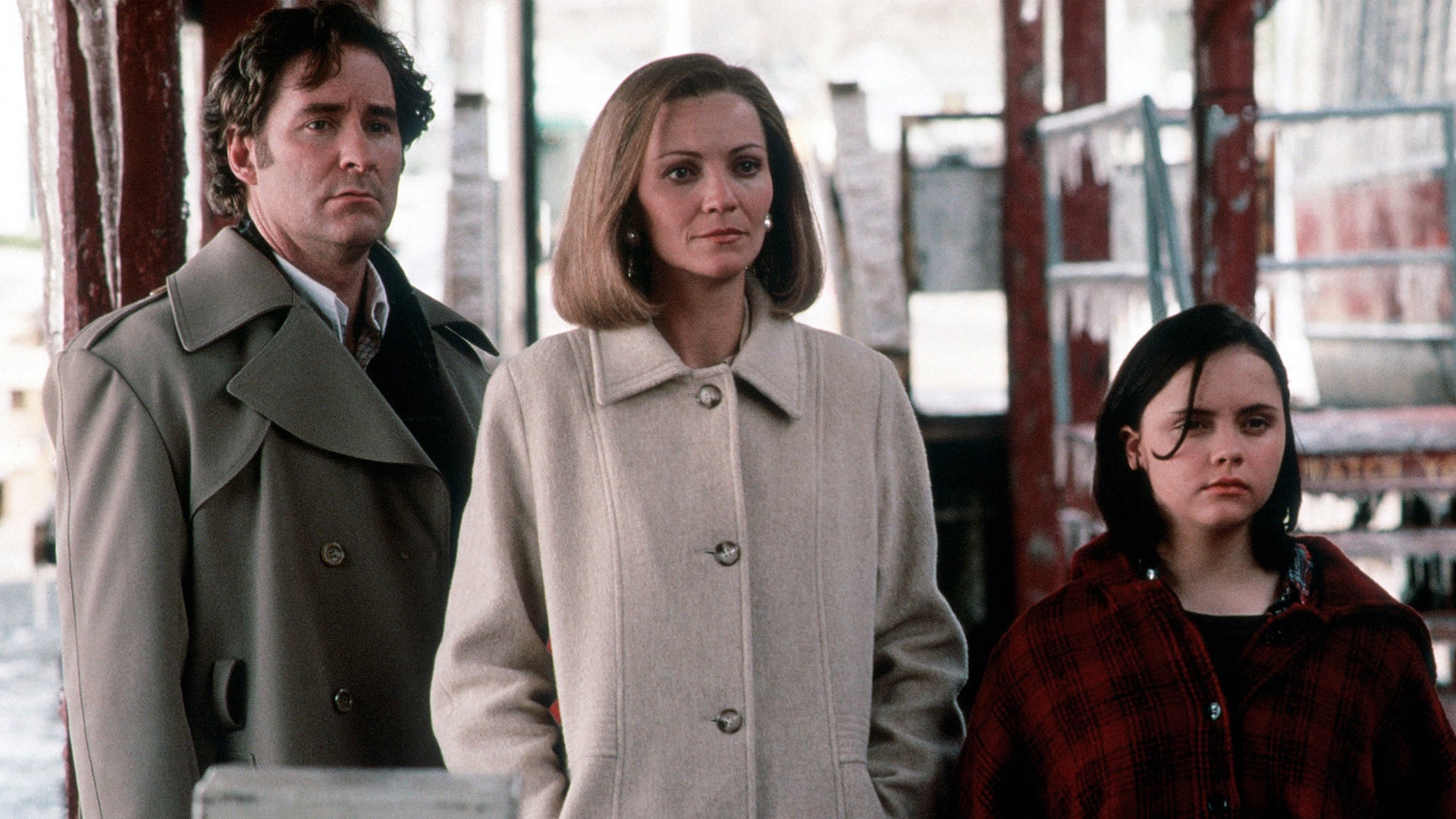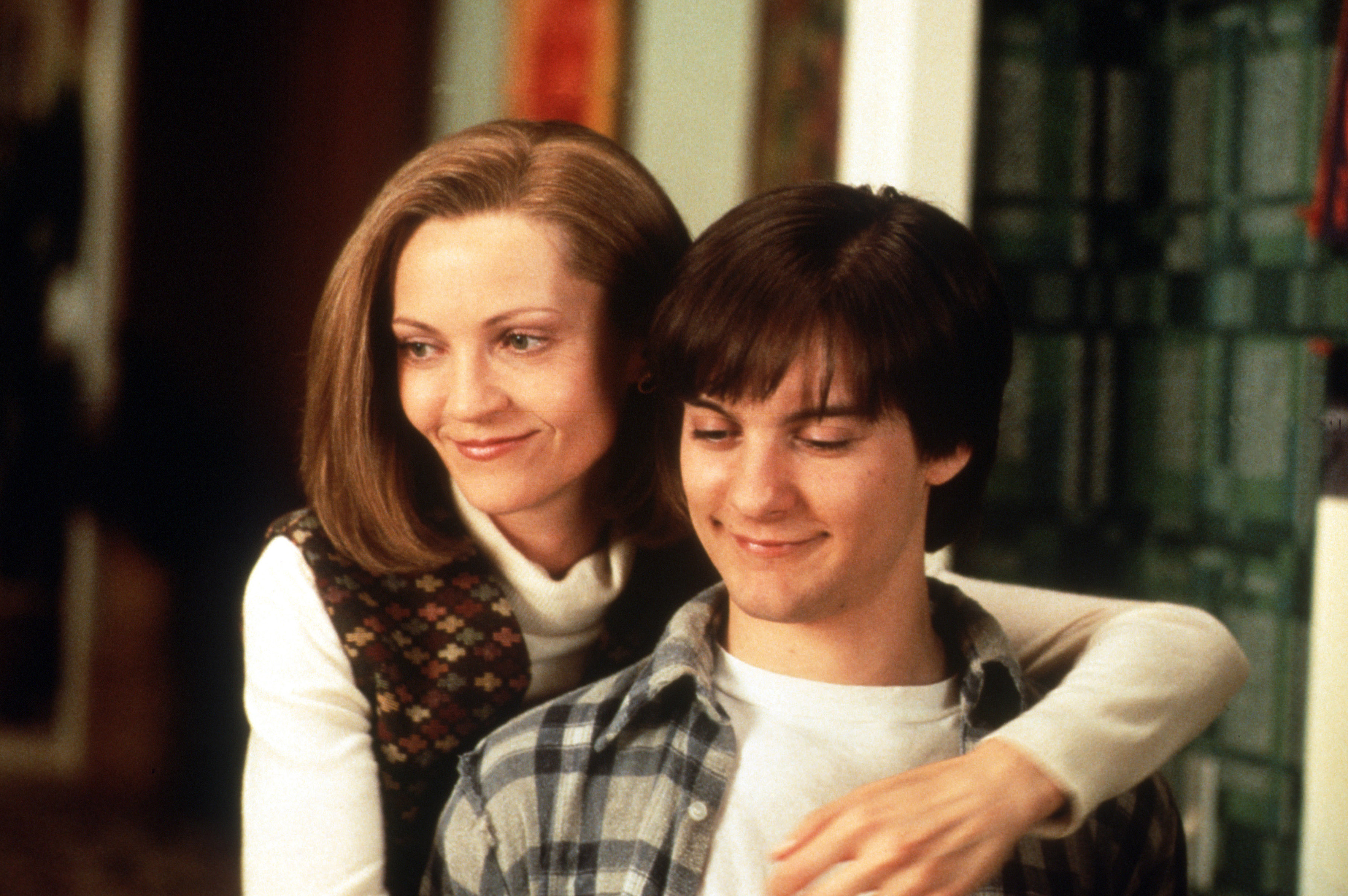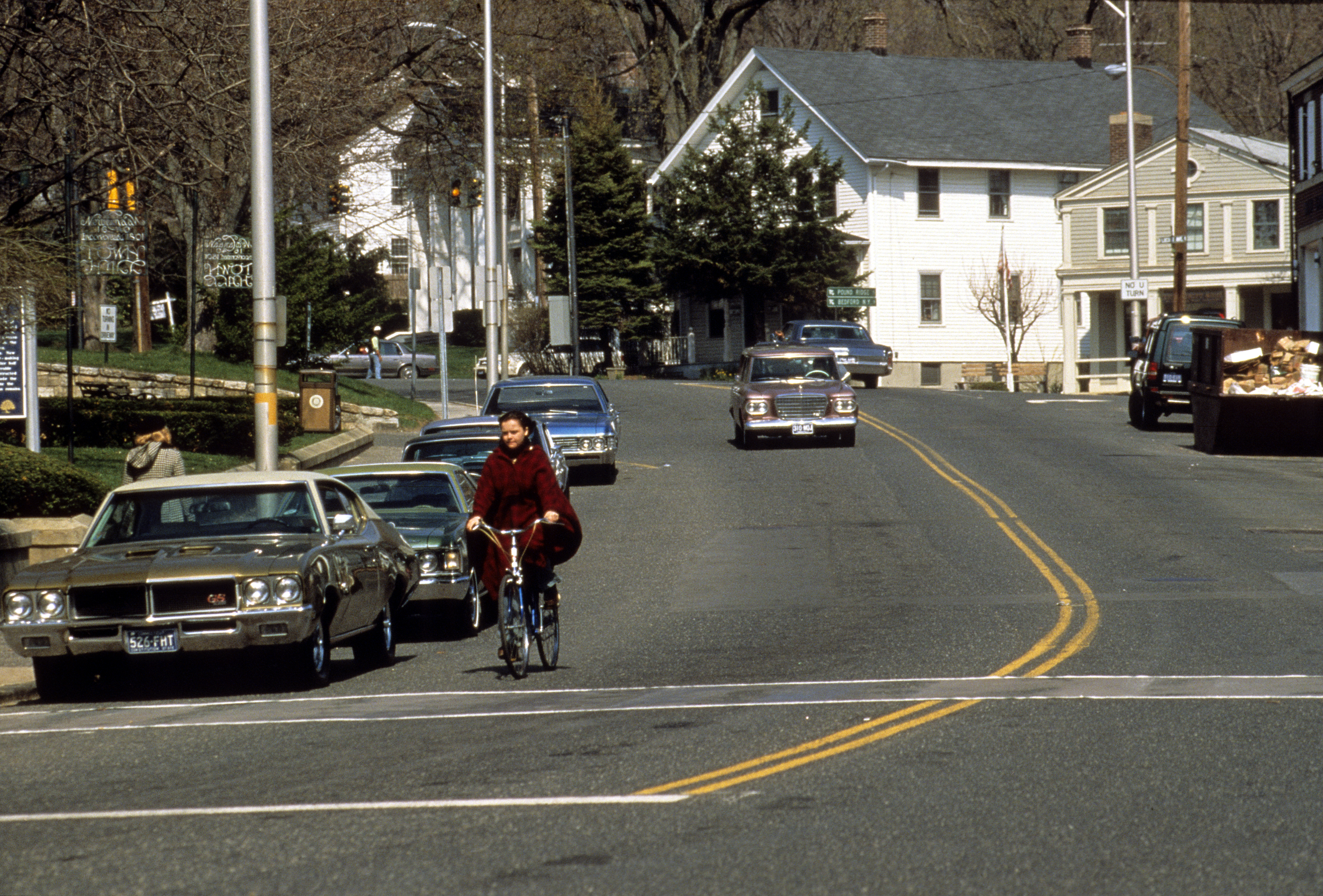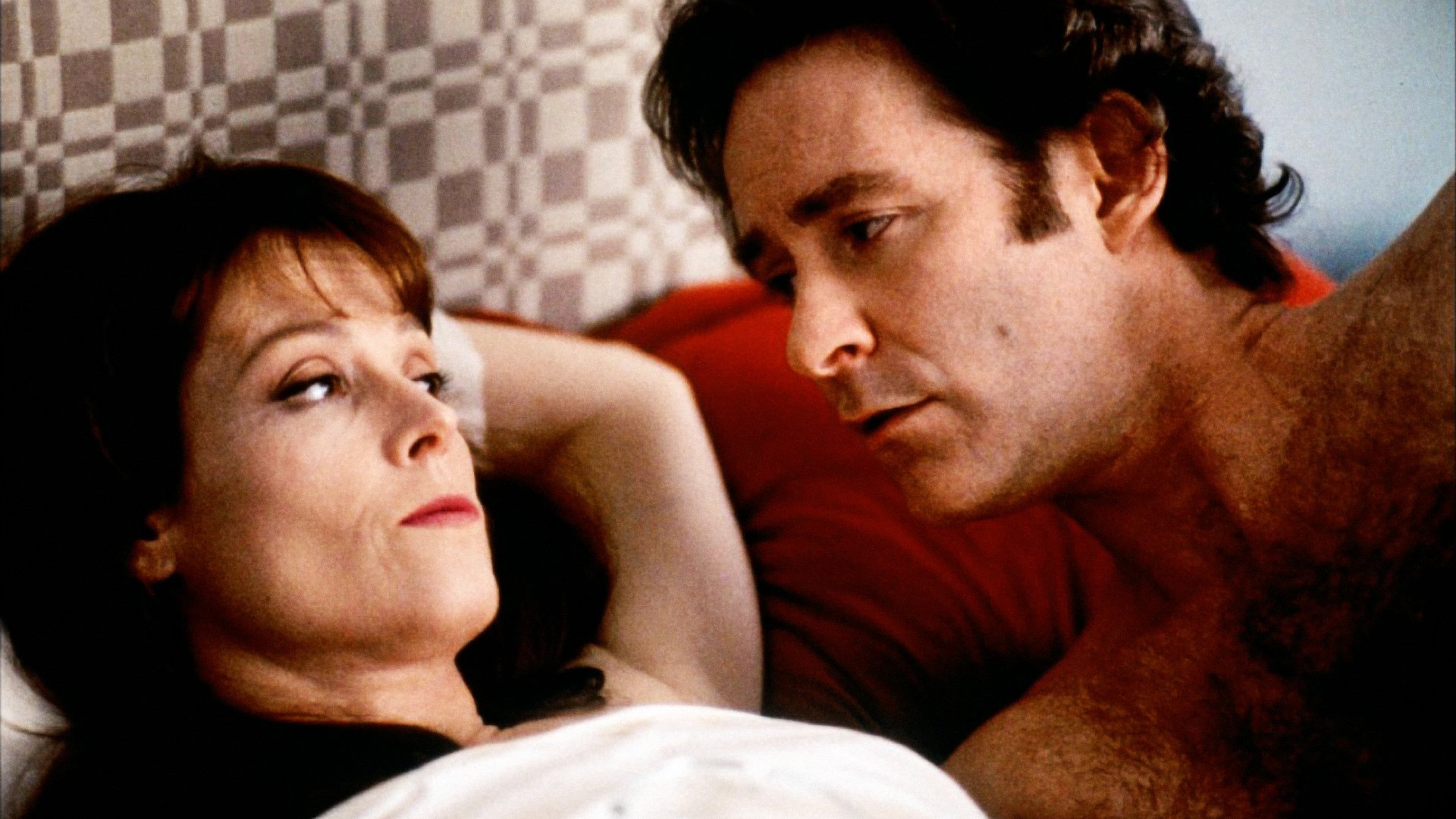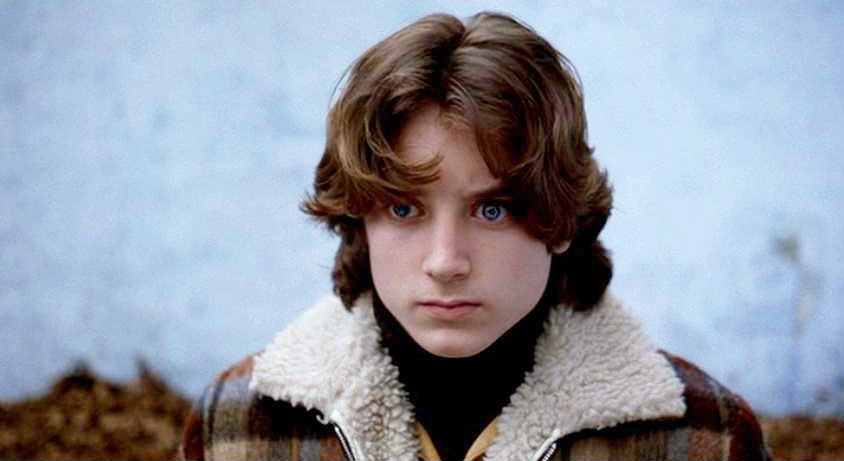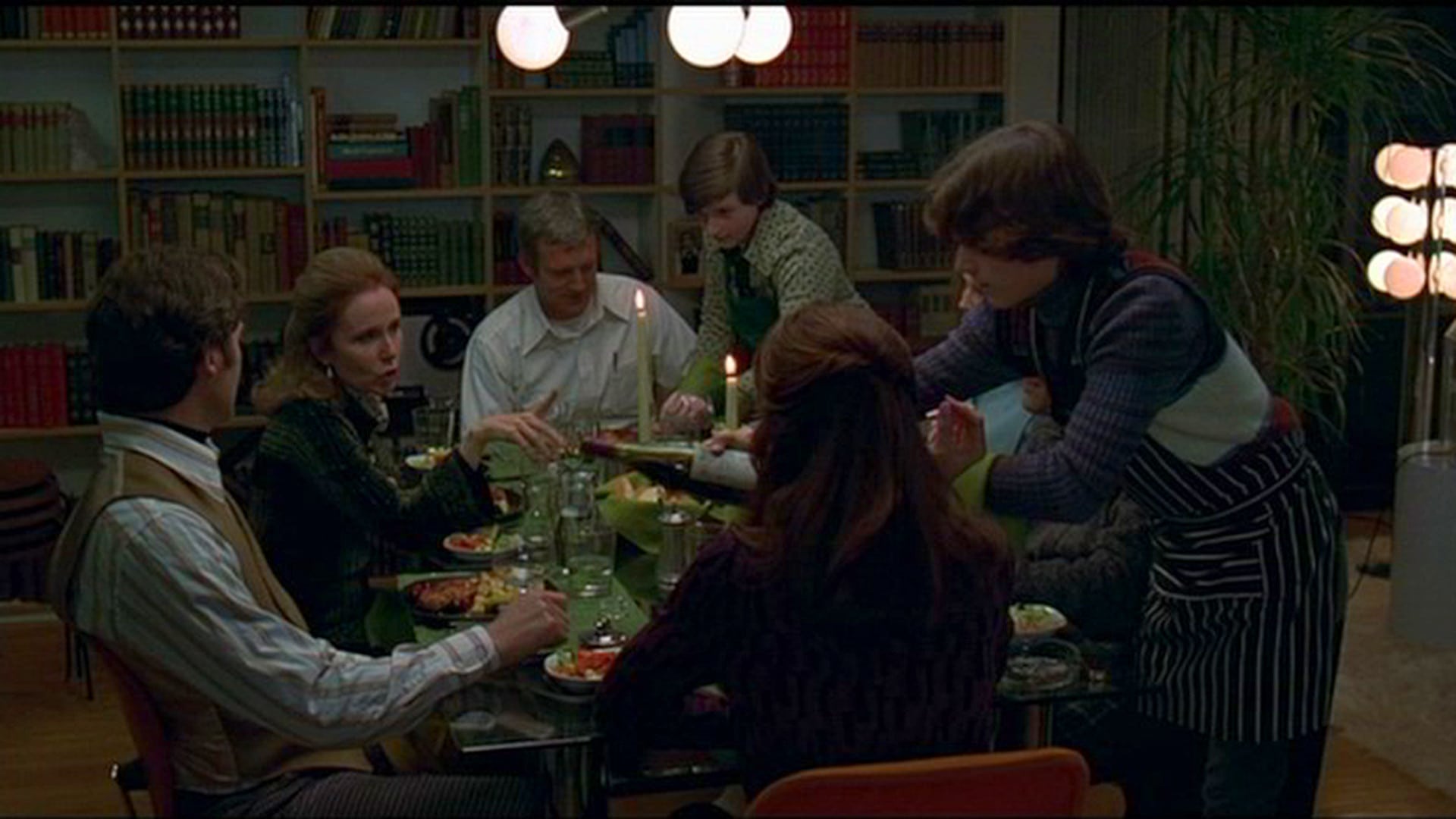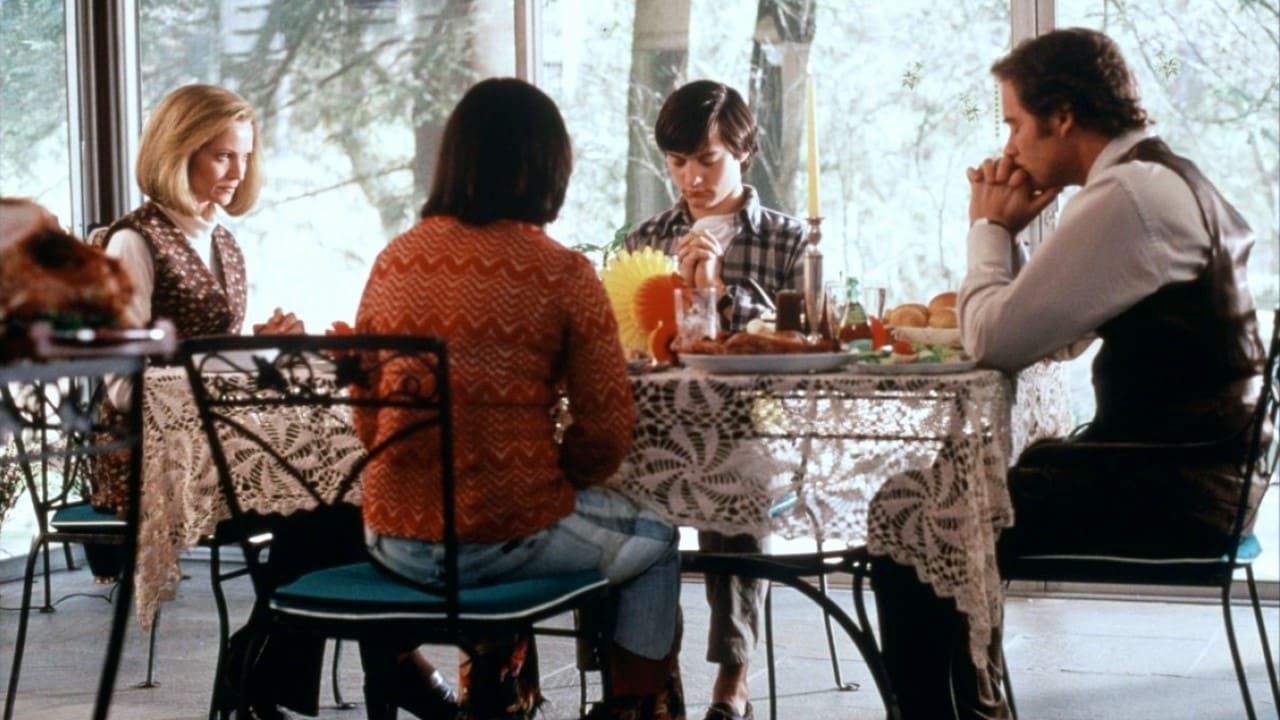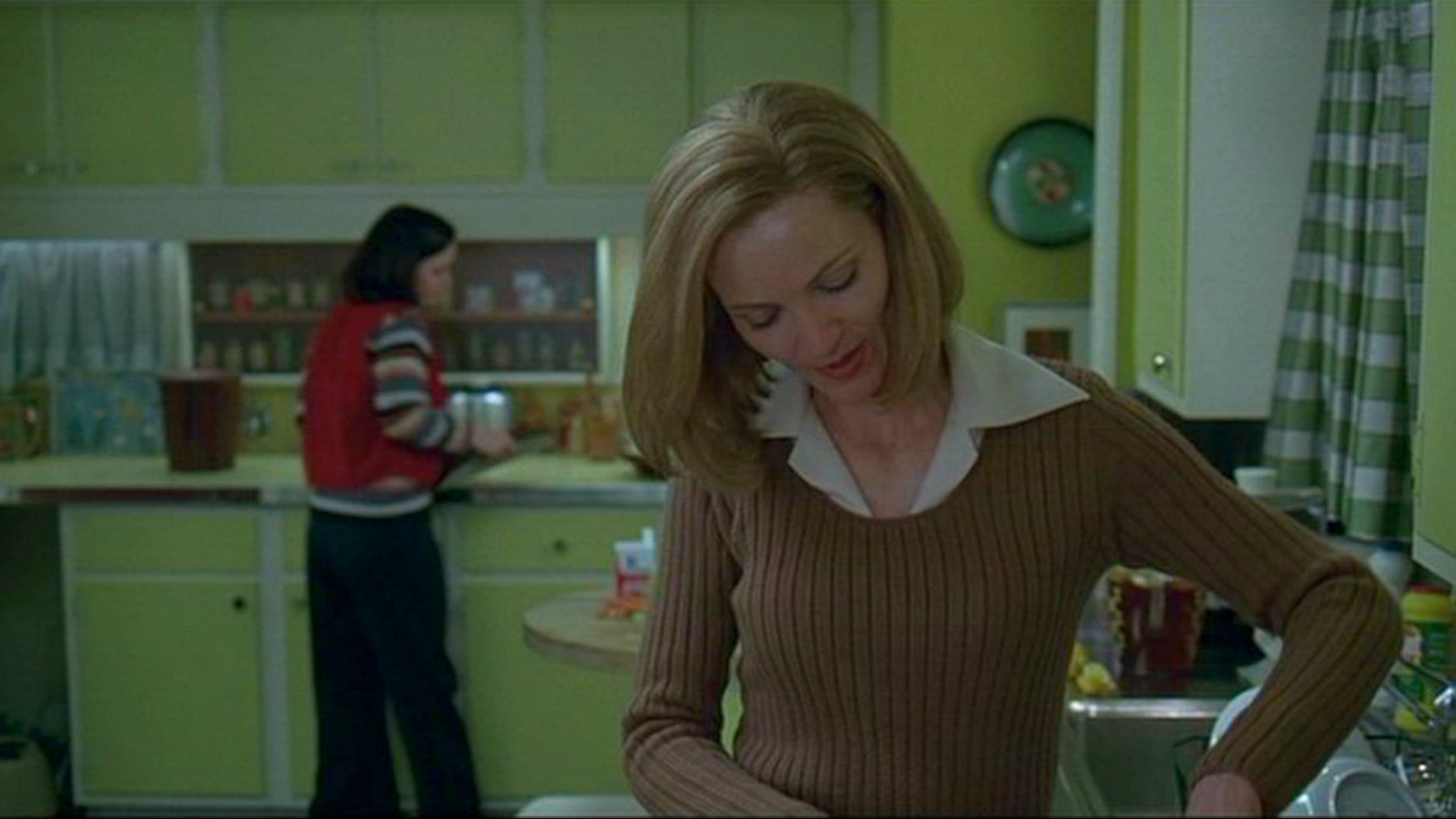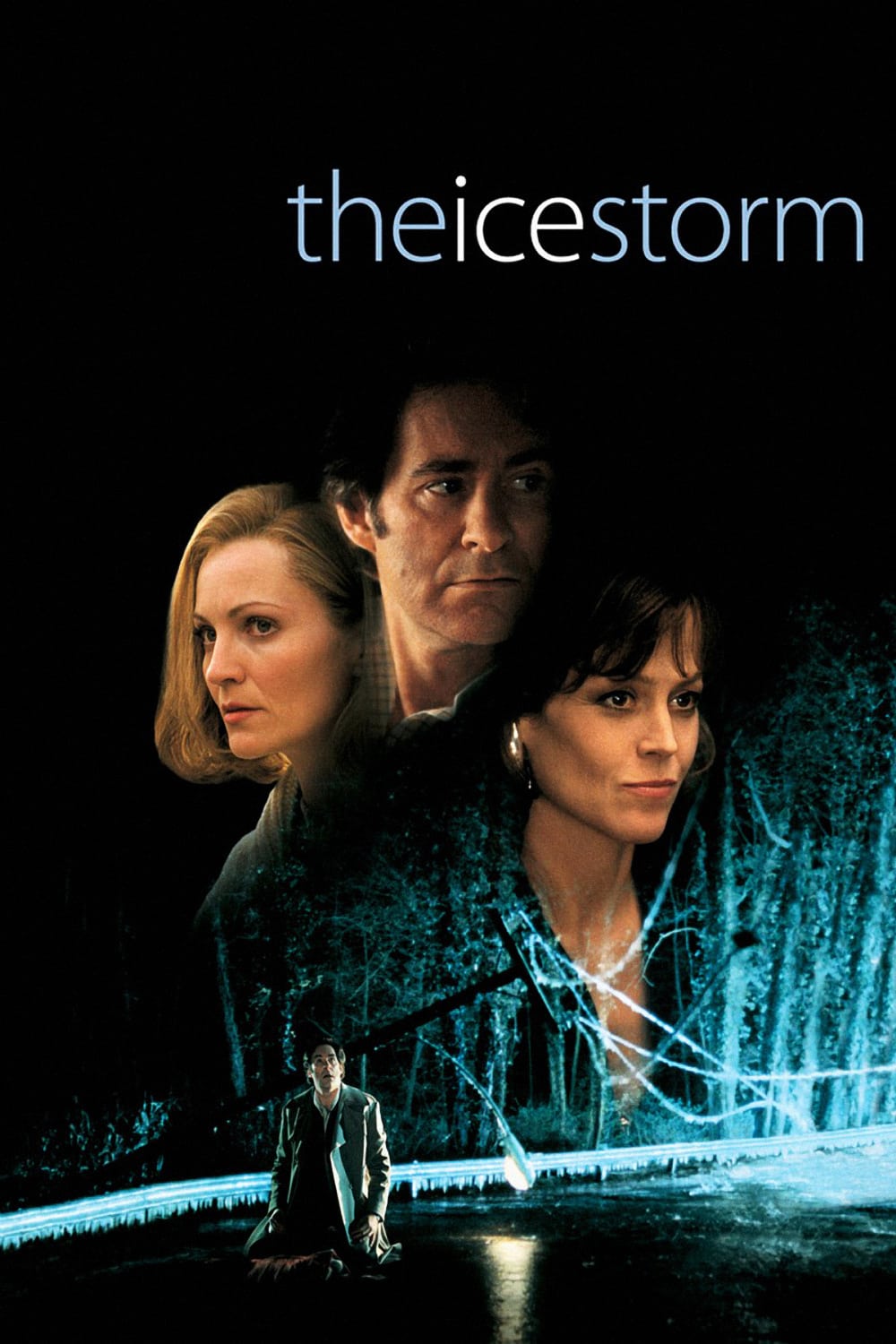Ang Lee, USA, 1997o
Thanksgiving 1973 in einer Keinstadt in Connecticut: Der 16-jährige Paul kehrt für die Ferien vom Internat zurück und findet nichts mehr vor, wie es war. Seine Eltern haben soeben eine Paartherapie abgebrochen, der Vater hat eine Affäre mit der Nachbarin, seine jüngere Schwester landet im Bett eines Nachbarsjungen – niemand sagt es, doch alle sind überfordert. Der alltägliche Prozess des unheimlichen Wandels verdichtet sich in einer magisch- tragischen Nacht, in der die ganze Stadt für ein paar Stunden unter einem Eisregen vergletschtert.
Ang Lee, the Taiwanian director of Pushing Hands, The Wedding Banquet and Eat Drink Man Woman, rises to the challenge of his second English-language film, following Sense and Sensibility, with unfailing grace and humor. Working with longtime collaborator James Schamus, whose keenly observant script is a model of astute adaptation, Lee deftly tweaks the conventions of the period — wigs, whips and double-knit polyester — and connects public deceits to personal ones without compromising the feelings of the characters. (...) This emotional climax of the film, with its warring glints of despair and hope, typifies the stunning achievement of The Ice Storm and confirms Lee as a director of the first rank. Few scenes in recent cinema are as profoundly moving as the one after Ben catches Wendy, wearing a Nixon mask, sitting astride Mikey’s crotch in the Carver basement. Outraged by betrayals, including his own, Ben demands that Wendy leave with him. On the walk home in the snow, there is silence, then reconciliation. Father asks daughter if he might carry her home, like he did when she was a child. Wendy, dropping her guard, agrees, and in this single, transitory moment, Lee links the ’70s and the ’90s by distilling the timeless tension between the necessity and the heartbreak of growing up. Like all great films, this one takes a piece out of you.
What makes The Ice Storm hold up 25 years after its release isn’t its faithful recreation of Americana, but the way in which Ang Lee portrays its prickly cast of characters. It’s a signature approach of the director, one that employs empathy and warmth towards the members of a single family unit, but most importantly it sympathetically understands how heavily our lives are dictated by the world around us.
Comment les membres d'une famille de la classe moyenne d'une petite ville américaine accueillent l'essor d'une sexualité explosive, de la drogue et de nouveaux courants religieux, gagné·e·s avec une légère confusion par le sentiment que la cohésion familiale s'amenuise à mesure que chacun·e s'autorise ces nouvelles libertés. Avec son histoire ancrée en 1973, The Ice Storm, sorti en 1997, est le film de toute une génération. Portant un regard rétrospectif sur l'époque des minijupes et des chemises à col large, révolue alors depuis un quart de siècle, Ang Lee saisit avec un brillant effet de mise à distance ce qui préoccupait ses contemporain·e·s dans les années 1990 et qui nous préoccupe encore aujourd'hui : le revers de la libéralisation des moeurs, la crise des certitudes, la disparition des traditions et de la sécurité qu'elles offraient, provoquée par la dynamique ascensionnelle du changement. Et cela avec une précision et un sens du détail d'autant plus étonnant que Ang Lee n'immigra aux Etats-Unis qu'en 1975. Les deux facteurs clé de la réussite du film résident dans l'empathie d'Ang Lee pour ses personnages, une constante de son oeuvre, ainsi que dans le casting, d'une harmonie totale. Qu'ils soient émerveillés comme Toby Maguire, entêtés comme Christina Ricci, austères comme Sigourney Weaver, ou mélancoliques comme Joan Allen et Kevin Kline, tous les personnages incarnent le sentiment de perte qui va de pair avec le pacte de la modernité : plus de liberté au prix de la solitude.
Wie die Mitglieder einer kleinstädtischen amerikanischen Mittelstandsfamilie mit sexuellen Auf- und Ausbrüchen, Drogen und neureligiösen Strömungen experimentieren und dabei mit leiser Verstörtheit spüren, dass der Zusammenhalt schwindet, wenn alle sich mehr von den neuen Freiheiten nehmen: Angesiedelt 1973 und herausgekommen 1997, ist The Ice Storm der Film einer ganzen Generation. Indem er ein Vierteljahrhundert zurückblickt auf die Zeit der Miniröcke und Maxikragen, erfasst er mit einem genialen Verfremdungseffekt, was die neunziger Jahre und was uns bis heute beschäftigt: die Kehrseiten der allseitigen Liberalisierungen, das Schwinden hergebrachter Sicherheiten und Gewissheiten durch die beschleunigte Dynamik des Wandels. Er tut dies mit einer Genauigkeit und einem Gespür für jedes atmosphärische Detail, die umso erstaunlicher sind, als Ang Lee selbst erst 1975 von Taiwan in die USA einwanderte. Mitentscheidend für diese Stimmungsdichte sind zwei Dinge: Ang Lees Nachsicht mit den Figuren, die sein ganzes Werk durchzieht, und eine Besetzung, die in diesem Fall traumhaft harmoniert. Ob staunend wie Toby Maguire, trotzig wie Christina Ricci, herb wie Sigourney Weaver oder melancholisch wie Joan Allen und Kevin Kline – alle erzählen sie vom Gefühl der Verlorenheit, das mit dem Pakt der Moderne einhergeht: mehr Handlungsspielraum um den Preis der Unbehaustheit.
Galerieo
